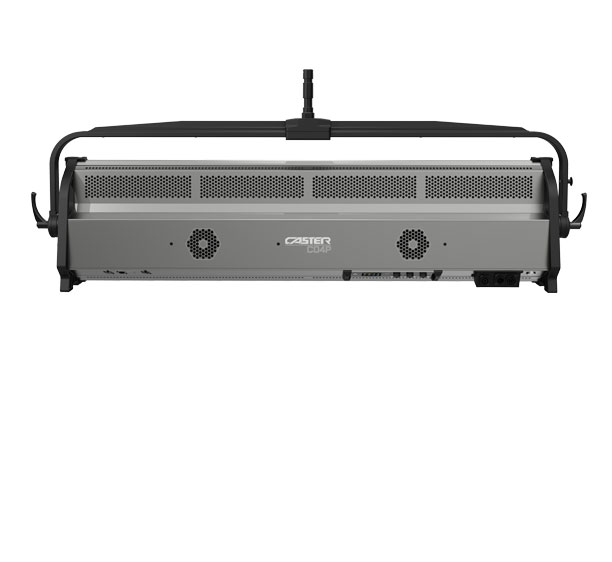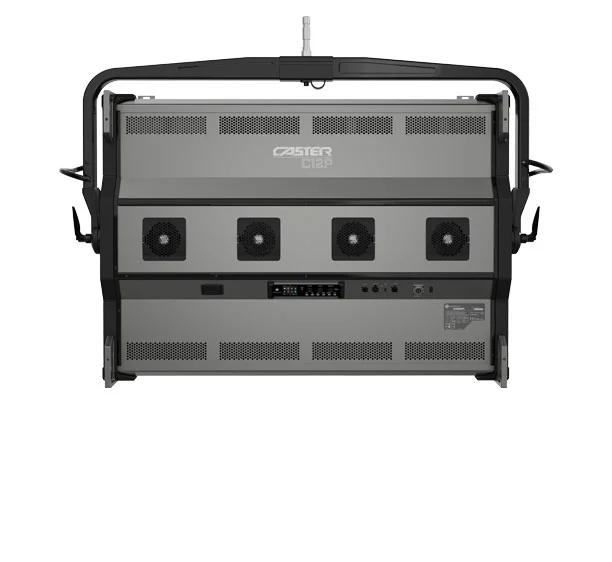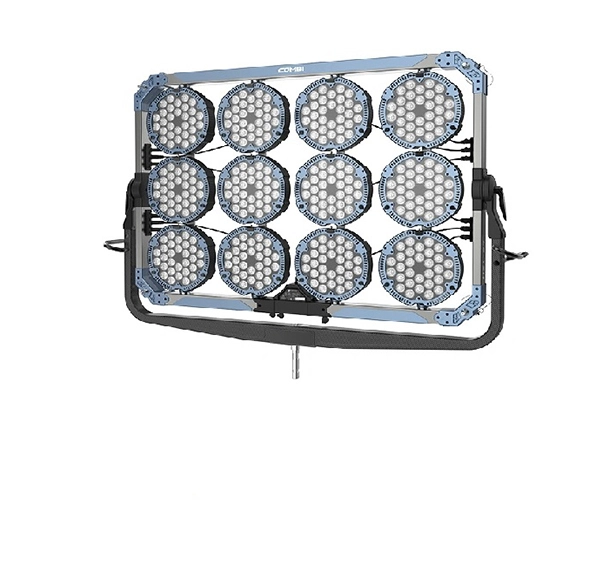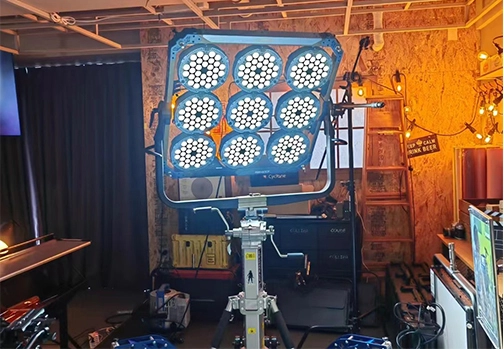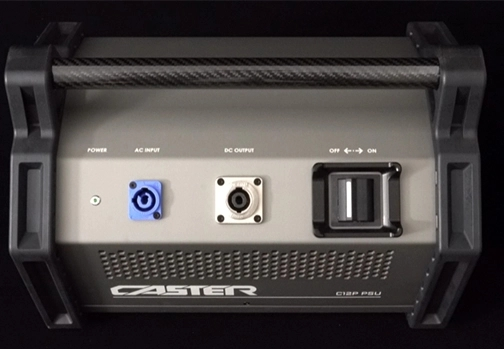In the world of broadcasting, creating visually stunning content is essential to captivate audiences and leave a lasting impression. One of the key elements in achieving this is through effective broadcast studio lighting. Proper lighting can enhance the production quality, set the mood, and highlight important elements within a broadcast studio.
When it comes to broadcast studio lighting, there are several essential techniques to keep in mind. In this blog, we will delve into the intricacies of mastering the art of broadcast studio lighting and how it can elevate your production to the next level.
Understanding the Basics of Lighting
Before diving into the technical aspects of lighting setups, it's crucial to understand the basics of lighting. In a broadcast studio setting, there are three main types of lighting to consider: key lights, fill lights, and backlight. The key light is the primary source of illumination and sets the overall tone of the scene. Fill lights help to reduce shadows and add depth to the image, while backlighting separates the subject from the background.
Creating Depth and Dimension
To create a visually dynamic and engaging broadcast studio setup, it's important to consider the depth and dimension of the lighting. By strategically placing lights at different angles and distances from the subject, you can enhance the overall depth of the scene and create a sense of three-dimensionality. Utilizing backlighting can also help to add separation between the subject and the background, further enhancing the visual appeal of the broadcast.
Harnessing the Power of Color Temperature
Color temperature plays a crucial role in setting the mood and atmosphere of a broadcast studio. It's essential to strike the right balance between warm and cool tones to achieve the desired effect. Additionally, considering the color rendering index (CRI) of the lights used can ensure that the colors appear natural and true to life on camera. Experimenting with different color temperatures and light sources can help you find the perfect balance for your broadcast studio setup.
Utilizing Creative Lighting Techniques
In addition to the standard lighting setups, there are several creative lighting techniques that can add a touch of flair to your broadcast studio. One popular technique is using colored gels to add a splash of color to the scene. Another technique is using light modifiers such as diffusers, reflectors, and barn doors to control and shape the light. By experimenting with different lighting techniques, you can create unique and visually striking compositions that will captivate your audience.
In conclusion, mastering the art of broadcast studio lighting requires a keen understanding of the basics, attention to detail, and creative experimentation. By implementing the essential techniques outlined in this blog, you can elevate the production quality of your broadcasts and create visually stunning content that will leave a lasting impression.
Remember, broadcast studio lighting is not just about illuminating the scene – it's about creating an immersive visual experience that engages and captivates viewers. So, take the time to refine your lighting setups, experiment with different techniques, and harness the power of lighting to enhance your broadcast studio productions.
 English
English 日本語
日本語 한국어
한국어 Español
Español italiano
italiano العربية
العربية

